CRM software (Customer Relationship Management) is software designed to help businesses improve customer relationships, increase sales, increase customer revenue, and improve customer experience.
There are many different types, classifications, and categories of CRM software. In this article, we’ll briefly cover the various types of CRM software, then dive into some specific CRM software examples.
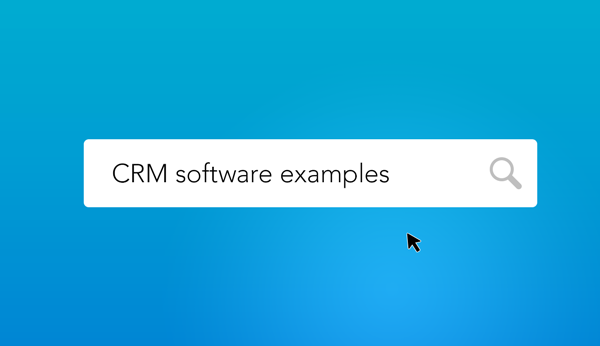
CRM software types
There are three main types of CRM – Operational, Analytical, and Collaborative.
Operational CRMs are designed to help businesses stay on top of day-to-day operations such as marketing, sales, projects, etc. all in one place so the business operates more efficiently.
Analytical CRMs are designed to take large amounts of data about customers, for example, purchasing habits and then use that data to automate correlations about customer behaviour.
Collaborative CRMs take data from various departments such as finance, customer service, and technical support to help various departments collectively improve customer experience and retention.
You can also break down CRM software into various specific functions such as General, Inbound, and Sales CRM.
When looking at examples of CRM software, they can further be broken down by industry. While many CRM software solutions can be used across multiple verticals, some CRM software is designed specifically for a particular industry or group of industries. For example, there are specific CRMs designed for lawyers, other CRMs specifically designed for e-commerce businesses, and CRMs tailored to fit the needs of retail businesses.
Another way to segment CRM software is by company size. For example, some CRMs are designed for enterprise businesses with hundreds or even thousands of employees, while others are small business CRM software solutions specifically designed to fit the needs of small businesses ranging from one to fifty employees.
Common CRM Software Features
Let’s look a bit more closely at what CRM software designed for small businesses offer. Typical features for CRM software targeting small businesses include:
- Contact Management – Ability to store contact information such as name, email address, mailing address, etc.
- Interaction Tracking – Ability to keep track of customer interactions such as email exchanges, calls, meetings, etc.
- Task Management – Ability to keep track of to-dos for clients and delegate or assign tasks to team members along with keeping track of due dates for tasks.
- Lead Management – Ability to keep track of leads from initial call or meeting through the various follow-up stages to closed deal.
- Pipeline Management – Ability to track deals and sales through various stages of the funnel.
- Reporting – Ability to track information and metrics to report on sales data, close rate, sales rep performance, etc.
CRM Software Examples for small business
Now that you have an idea of the typical features and functions of a small business CRM, let’s look at a few specific CRM software examples designed for small business.
Daylite
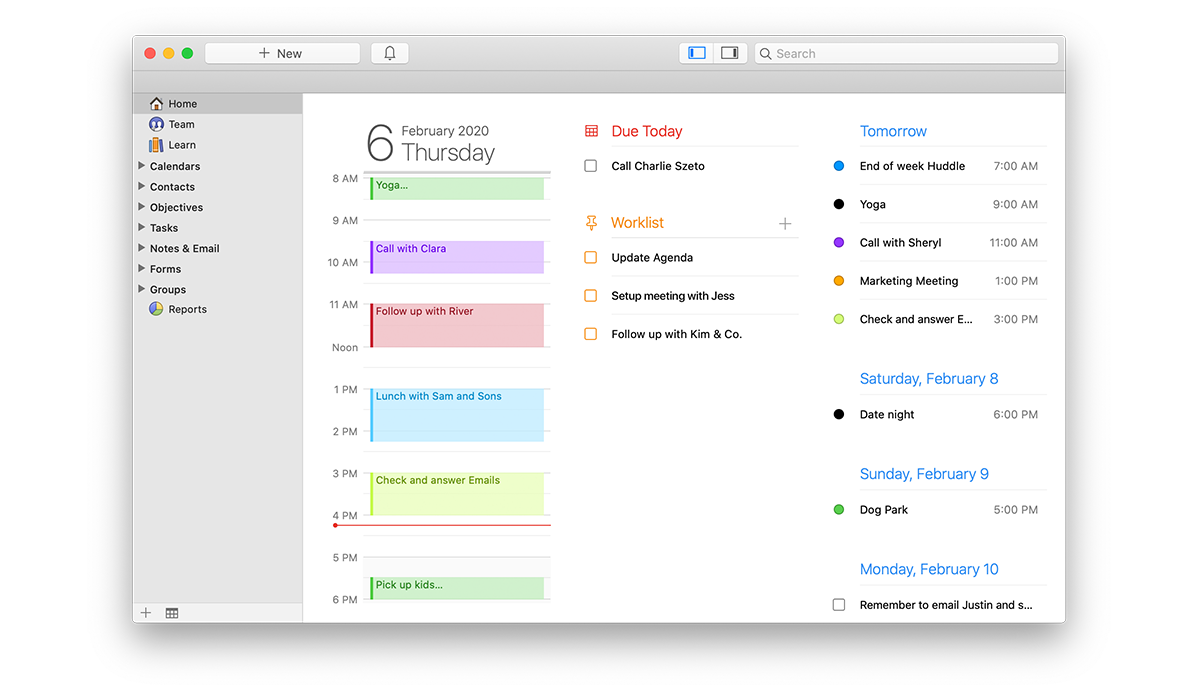
Key features of Daylite are:
- Apple Mail Integration
- List Segmentation & Email Templates
- Lead and pipeline management
- Project Management
- Offline Access
Price: $29 per month per seat (Monthly Plan)
Zoho CRM
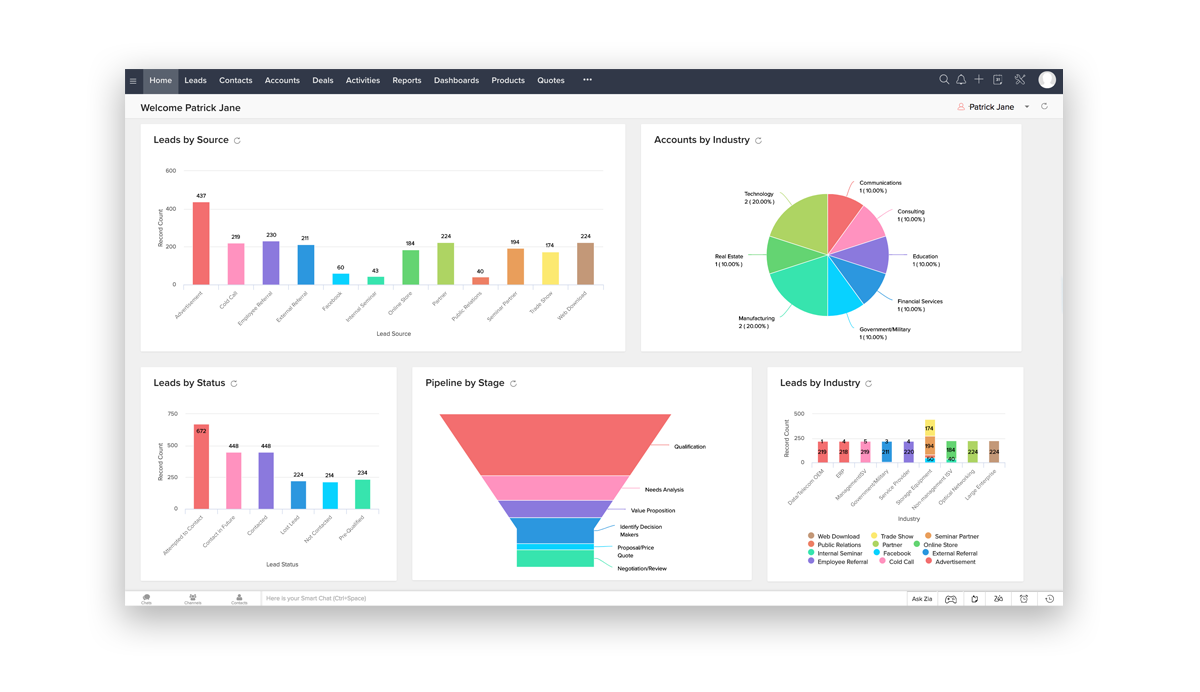
Key features of this CRM software example are:
- Inventory management
- Google Ads integration
- Zia, AI-powered assistant
- Sales forecasting
Price: $45 per user per month (Enterprise Plan)
HubSpot
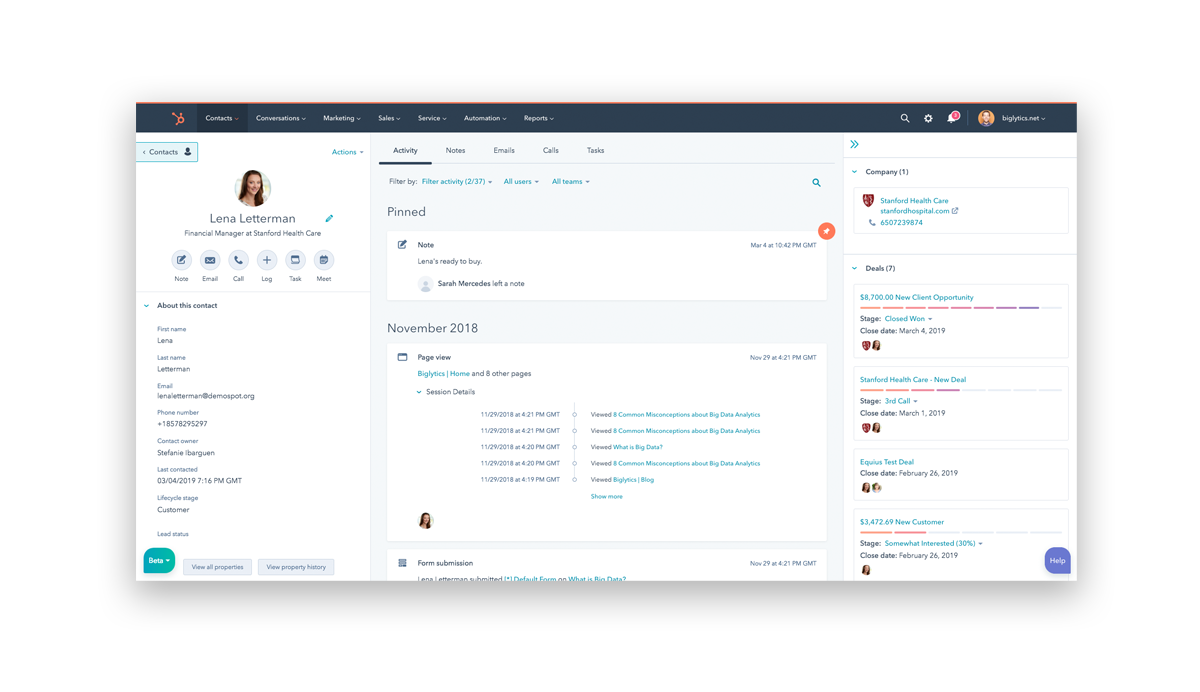
Key features of HubSpot are:
- Email Tracking/Notification
- Email Templates and Scheduling
- Gmail & Outlook Integration
- Live Chat
Price: $50 per user per month (Starter Plan)
Salesforce
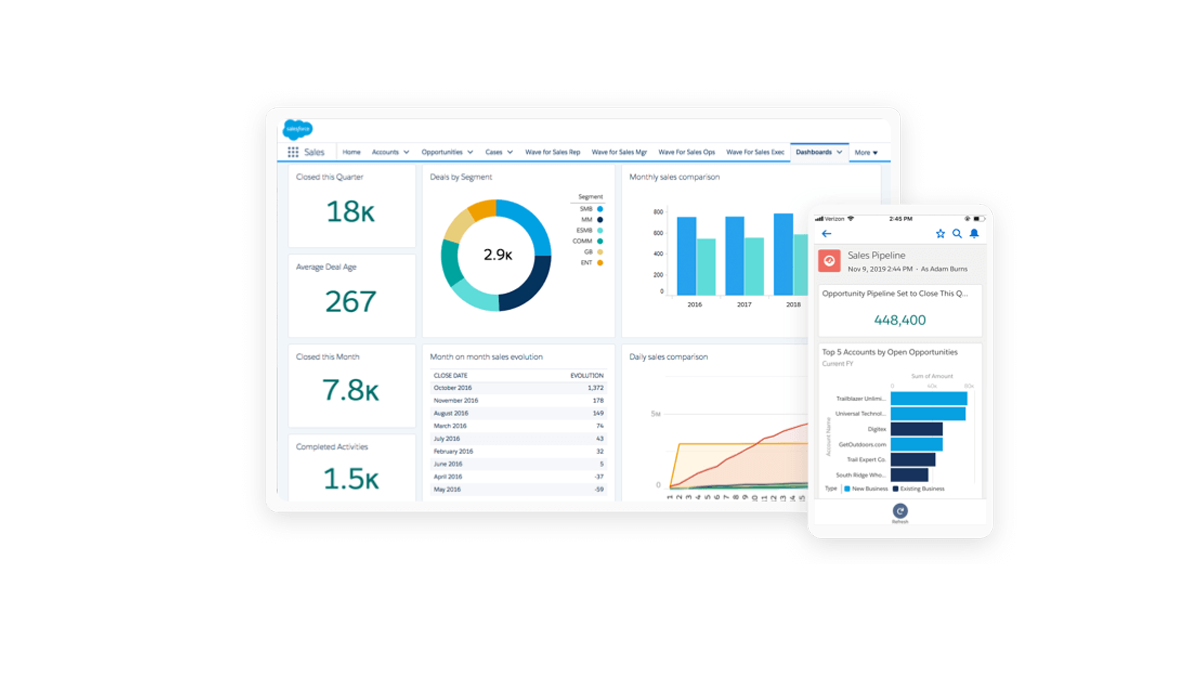
Key features of this CRM software example are:
- Rule-based Lead Scoring
- Campaign Management
- Collaborative Forecasting
- Products and Price Books
Price: $75 per user per month (Professional Plan)
insightly
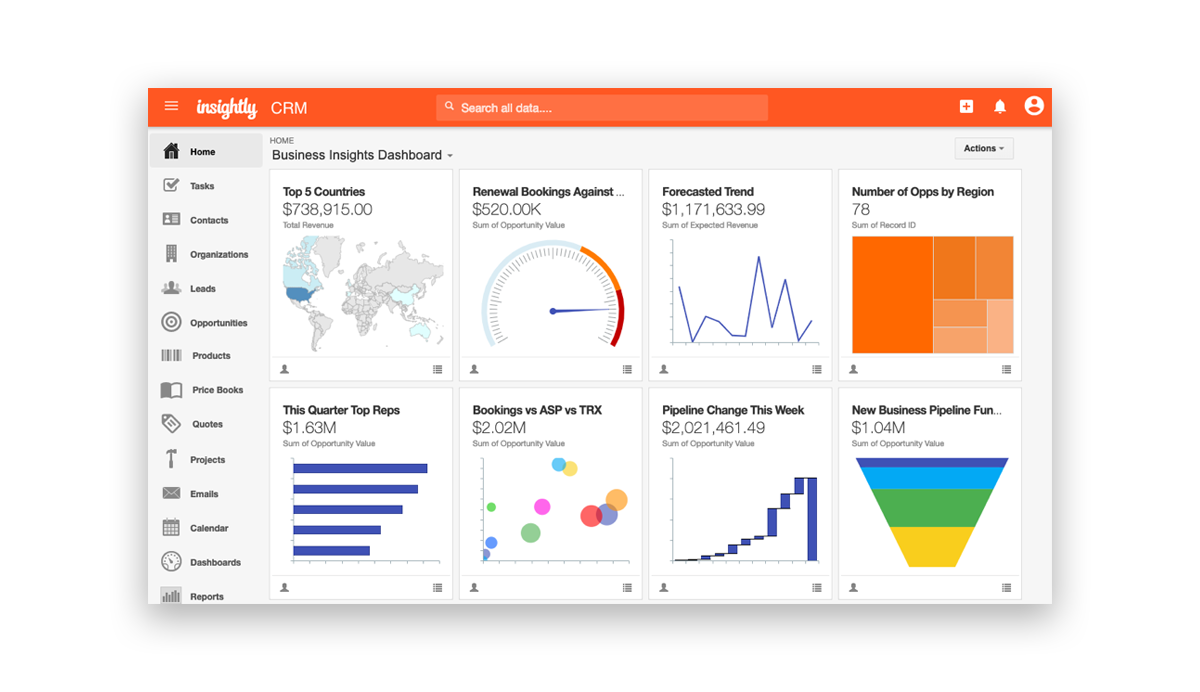
Key features of insightly are:
- insightly Voice
- Business Intelligence Dashboards
- Slack Integration
- Role-Based Permissions
Price:$59 per user per month (Professional Plan)
These are just some of the many CRM software examples available. For more info about CRM and to find out what CRM software is right for your business, you can check out options and real-user reviews on sites such as Capterra, G2, and FitSmallBusiness.
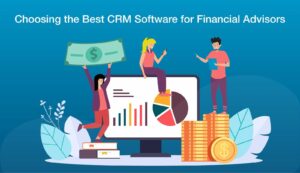
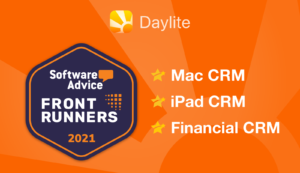
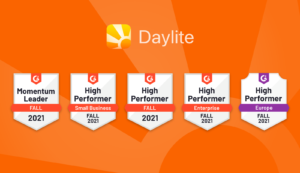
Great article! Useful and well-structured information about CRM software, it easy to understand. thank you for sharing such great information: https://www.softwaresuggest.com/crm-software
Thanks Evie. Also, I noticed Daylite isn’t listed on your list of CRM software. How can we get Daylite listed on your page?